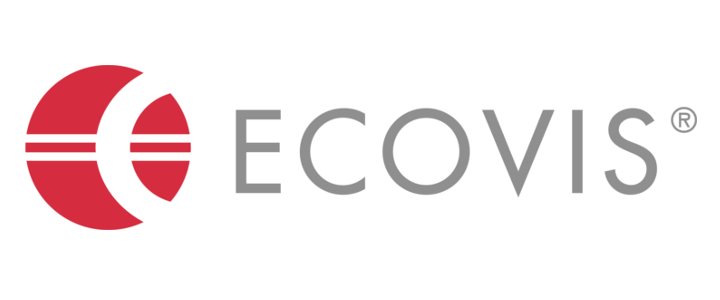With this lower rate, there are some collateral issues that inbound investors should also consider. The focus here is especially on the financing considerations (more on the possible complications from lower corporate tax in the United States here). As part of the tax reform, a new interest deduction limitation rule was created under Sec. 163(j). The new rule applies to all debt, from related parties or not, and follows a more European model that limits debt to 30% of EBITDA (moving to EBIT in 2023).
Additionally, the TCJA also implemented the new Sec. 267A which generally denies an interest (or royalty) deduction on payments paid or accrued by a US corporation to a related foreign party that is pursuant to a “hybrid transaction” or made by a “hybrid entity” in a similar fashion to the newest European Anti-Tax Avoidance Directives (“ATAD 2”) rules.
Debt Financing Structures
Firstly, the reduced corporate income tax rate of 21% from 35% could make it such that existing related party debt with a foreign related party is no longer a positive rate arbitrage transaction. For example, presume that a Mexican company owned a US subsidiary. Based purely on corporate income tax rates (forgetting withholding tax, for example), the Mexican parent company would consider lending money to the US subsidiary instead of contributing it as capital because the resulting interest deduction would give rise to a tax benefit in the US of 35% (federal before state tax savings) and give rise to income tax in Mexico of 30% (the corporate income tax rate in Mexico outside of the free trade zone). The result of such debt is a net tax benefit to the global operations in the US and Mexico.
Today, with a 21% federal income tax rate, and a rate below 30% even with most state income taxes included, such interest on debt would no longer result in net global tax savings. In other words, there is now a negative rate arbitrage on the interest deduction that would not have existed prior to reform.
This same issue arises due to the new 163(j) limitation rules and the new Sec. 267A. In the case where interest deduction will not be fully allowed under the new US rules, due to the EBITDA limitation or hybridity, long-term debt lent by a foreign corporation to a related subsidiary, or even unrelated bank debt taken on by the US subsidiary, should be looked at again to ensure it is giving rise to the intended tax benefit. If such benefit is lost, the taxpayer should consider unwinding the intercompany debt.
In summary, the change in the US federal corporate income tax rate is likely to be helpful in attracting increased US business activities and stimulating the US economy. That said, foreign corporations with US operations need to take another look at their current debt structures with US subsidiaries in light of the reduced US federal corporate income tax rates, as well as the increased scrutiny and potential lack of interest deduction allowed in the US due to the new Secs. 163(j) and 267A.
For further information please contact:
Andre Benayoun, International Tax Partner, Marcum LLP, Fort Lauderdale, Florida, USA

